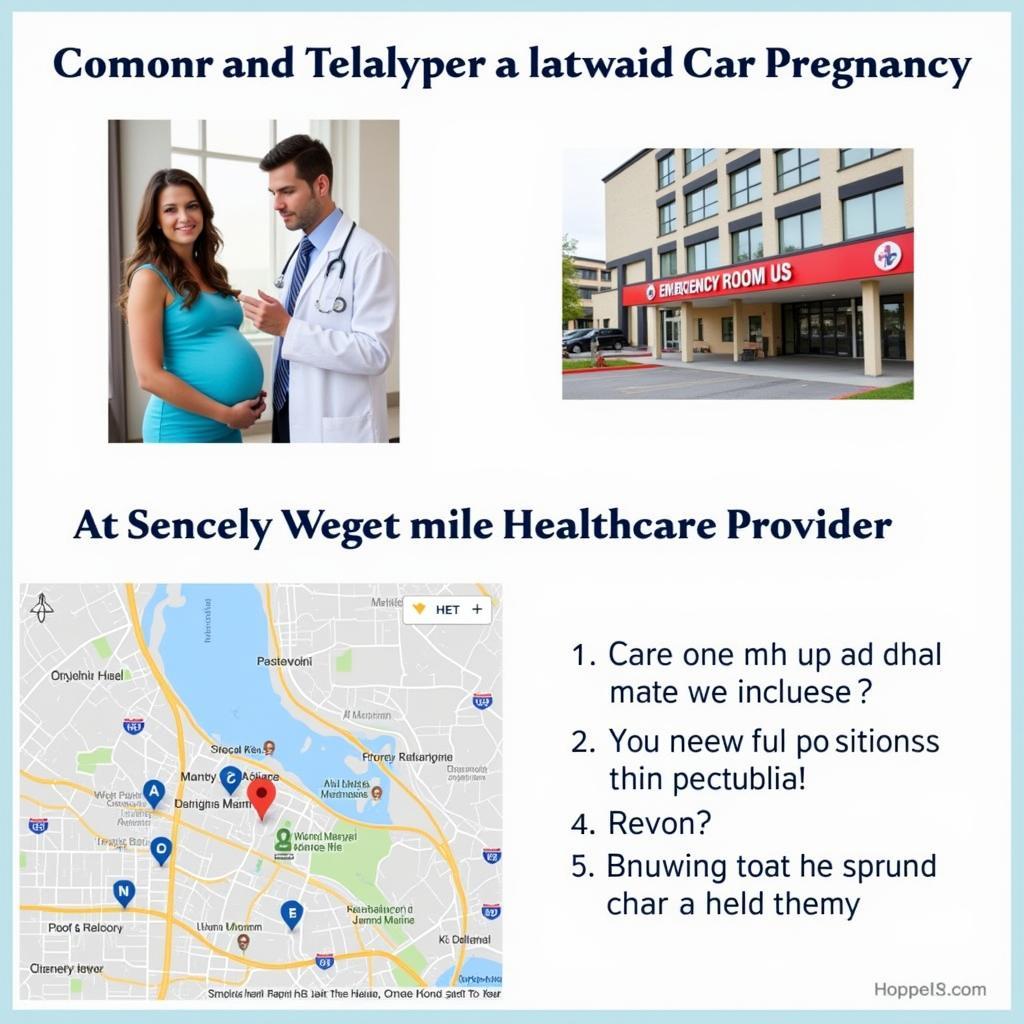When Is a Website Promoting Health Care Services Considered Advertising?
Understanding when a website promoting health care services crosses the line from informational to advertising is crucial for both consumers and providers. This distinction impacts legal compliance, ethical considerations, and how potential patients perceive the services offered.
Defining “Advertising” in the Healthcare Context
The definition of advertising in healthcare can vary based on jurisdiction and regulatory bodies. However, a general principle is that a website is considered advertising if its primary purpose is to persuade or influence consumers to purchase a specific health care service or product. It’s not merely about providing information; it’s about actively soliciting business. A website that passively provides details about a practice might not be considered advertising, while one that boasts “best results in town” or offers special discounts likely crosses that threshold.
Key Factors Determining if a Healthcare Website is Advertising
Several factors come into play when determining whether a website promoting health care services constitutes advertising:
- Call to Action: A prominent “Book Now” button, contact forms, or direct appeals to schedule a consultation strongly suggest advertising.
- Testimonials and Endorsements: While patient testimonials can be valuable, excessive use or overly positive reviews can blur the line into advertising.
- Before-and-After Photos: These are common in cosmetic procedures but can be considered advertising if they make unsubstantiated claims or create unrealistic expectations.
- Pricing and Promotions: Displaying prices, offering discounts, or advertising package deals are clear indicators of advertising.
- Targeting Specific Conditions: Websites focusing on specific medical conditions and offering targeted treatments often fall under the advertising umbrella.
- Comparative Claims: Comparing services to competitors or making claims of superiority is generally considered advertising and is often subject to stricter regulations.
Navigating the Grey Areas: Informational vs. Promotional Content
The challenge lies in distinguishing between providing helpful information and actively promoting services. A website offering detailed explanations of medical procedures or conditions can be educational and valuable. However, if this information is presented in a way that subtly steers the reader towards choosing a particular provider or treatment, it can be considered advertising.
For example, a website discussing knee replacement surgery could be informational. But if it predominantly features a specific surgeon’s technique and emphasizes their high success rate, it becomes promotional.
Legal and Ethical Implications
Why does this distinction matter? Because advertising in healthcare is often subject to specific regulations. These regulations exist to protect consumers from misleading information and ensure that healthcare providers uphold ethical standards. Misrepresenting qualifications, making false claims, or using deceptive marketing tactics can have serious legal consequences.
 Healthcare website displaying misleading information resulting in legal implications
Healthcare website displaying misleading information resulting in legal implications
Best Practices for Healthcare Websites
Healthcare providers can maintain a balance between providing valuable information and promoting their services by following these best practices:
- Prioritize Patient Education: Focus on creating content that empowers patients with knowledge about their health.
- Transparency and Accuracy: Be upfront about qualifications, experience, and treatment options. Avoid making exaggerated claims.
- Clear Disclaimers: Use disclaimers to clarify the purpose of the website and any potential limitations of the information provided.
- Compliance with Regulations: Stay informed about relevant advertising regulations and ensure the website complies with all applicable laws.
When in Doubt, Seek Legal Counsel
The regulations surrounding healthcare advertising can be complex. When in doubt, it’s always best to seek legal counsel to ensure your website complies with all applicable rules and regulations. This proactive approach can save you from potential legal issues and help maintain the trust and confidence of your patients.
 Meeting with a lawyer to discuss healthcare website advertising regulations
Meeting with a lawyer to discuss healthcare website advertising regulations
Conclusion
Determining when a website promoting health care services is considered advertising involves assessing various factors, including the website’s primary purpose, content, and calls to action. By understanding these factors and adhering to ethical guidelines and legal regulations, healthcare providers can create websites that effectively inform patients while responsibly promoting their services. This balance is crucial for building trust, ensuring compliance, and ultimately providing the best possible care.
FAQ
- Can I include patient testimonials on my website?
- What are the regulations for using before-and-after photos?
- Do I need disclaimers on my website?
- How can I ensure my website complies with advertising regulations?
- What are the penalties for non-compliant healthcare advertising?
- Can I offer discounts or promotions on my website?
- How can I differentiate between informational and promotional content?
Suggested further reading:
- “Understanding Healthcare Advertising Regulations”
- “Best Practices for Healthcare Website Content”
- “Ethical Considerations in Healthcare Marketing”
Need help with your car diagnostics? Contact us via WhatsApp: +1(641)206-8880, Email: [email protected] or visit us at 456 Oak Avenue, Miami, FL 33101, USA. We offer 24/7 customer support.

